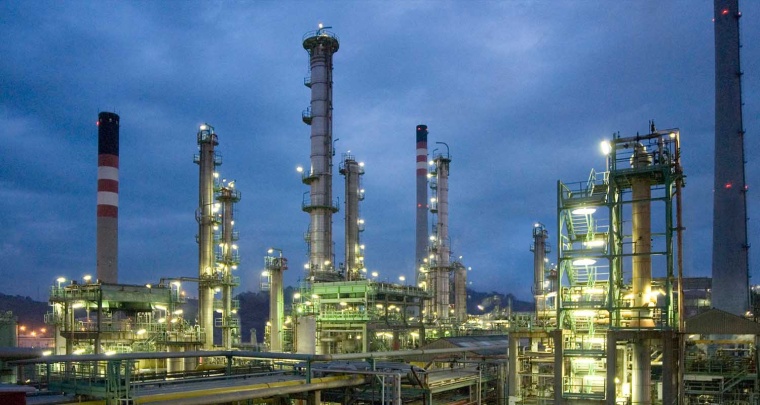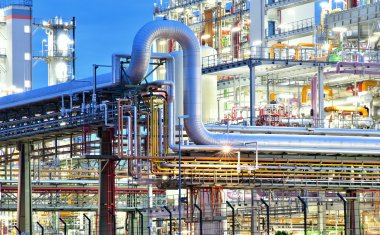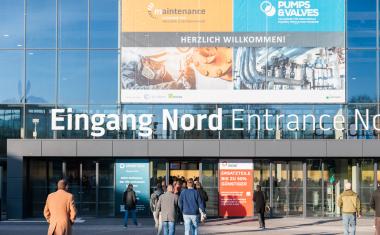Repsol Builds Polymer Plants at Sines
Spanish energy and petrochemicals group Repsol has announced plans to build new polymer plants at its Sines complex in Portugal. The €657 million project, it said, represents the largest industrial investment in Portugal in the past 10 years.
Plans involve building two units each with a capacity of 300,000 t/y producing linear PE and PP. The fully recyclable output can be used for highly specialized applications in the pharmaceutical, automotive and food industries, Repsol said.
The facilities are scheduled to be operational in 2025. The Spanish group added that the plants’ market-leading technologies are the first of their kind to be installed on the Iberian Peninsula. The company did not disclose which technologies the plants would use.
New logistics facilities are also part of the investment, incorporating the possibility of using rail transport, which will improve connections with the European market along with reducing the carbon footprint of transporting product.
The Portuguese government has considered the project to be one of National Interest and has granted Repsol tax incentives worth up to €63 million. “This investment demonstrates Repsol's commitment to its industrial complex in Portugal. The company is supporting industrial development that enables the energy transition while creating wealth and quality employment,” said Repsol CEO Josu Jon Imaz.
Once the plants are fully operational, the company expects a net increase in personnel of roughly 75 direct jobs and about 300 indirect jobs.
This latest project is just one that Repsol is undertaking as part of its 2021-2025 Strategic Plan that anticipates spending a total of €18.3 billion on numerous investments to evolve its industrial assets, as well as decarbonizing its processes by improving energy efficiency, promoting a circular economy, producing renewable hydrogen and increasing the use and capture of CO2. One of the company’s goals is to recycle the equivalent of 20% of its polyolefin production by 2030.
Last month, Repsol announced it had signed an alliance with Spanish engineering group Tecnicas Reunidas to develop proprietary technology and scale up processes to help transform the industry and advance its decarbonization.
Both companies will co-develop technology to produce sustainable biofuels and bio-based polymers from agricultural and agri-food waste. They will also develop a new process for producing circular materials from used plastics, which will be tested in one of Repsol's industrial complexes.
Author: Elaine Burridge, Freelance Journalist













